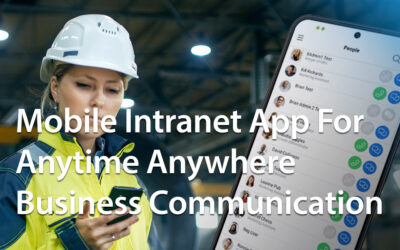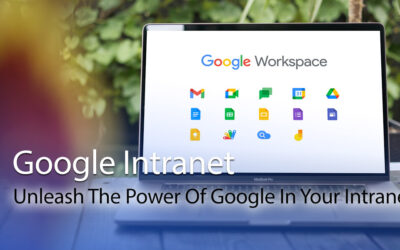Education Portal Benefits
If you think that an education portal is only good for disseminating information and storing digital teaching aids, then think again. Nowadays education portals offer a whole host of integrated tools that will enable your organization to share knowledge, facilitate collaboration and stay connected with pupils, students, parents and colleagues. Quite simply, an education portal will help your school, college or university to work smarter and faster. Read on to find out about the benefits on offer with an education portal.
Sharing Knowledge
Education portals have a well-deserved reputation for facilitating the sharing of information and documents. The portal’s secure document management system means that staff can search for documents by the author’s name, the title, relevant tags or the content topic. And the advanced search functionality means that staff will be able to find that document faster and more easily. All internal information and data is held in one central location: from curricula and assessment tools through to classroom timetables and HR forms. Staff will no longer be reliant on paper systems or email to source what they need.
 As well as being the repository for all internal documents, the portal is capable of being the central vehicle for knowledge management within the education facility. Whether it is external data in the form of relevant research or government and state guidance, or whether it is internal research, the education portal is the central knowledge management hub. Staff will be able to find all the information they need in relation to a topic or issue within the portal and so there will be no need to reference multiple databases or websites any more.
As well as being the repository for all internal documents, the portal is capable of being the central vehicle for knowledge management within the education facility. Whether it is external data in the form of relevant research or government and state guidance, or whether it is internal research, the education portal is the central knowledge management hub. Staff will be able to find all the information they need in relation to a topic or issue within the portal and so there will be no need to reference multiple databases or websites any more.
And the sharing of information is not only from the top down. Every member of staff has the ability to upload and share information with colleagues in the form of blogs or project work spaces. They can share news and information about projects they are currently working on or issues of concern and seek feedback or engage in a dialog with their colleagues.
What’s more, the staff directory is a great tool for sharing organizational knowledge as well as a means of promoting a sense of connection. The directory is a central database of all staff members. Each member can have their own profile with a photograph, a short biography and information on current projects or areas of expertise. So a colleague in the Arts Faculty, for example, who is looking for support on developing tools for assessing student learning can easily identify experts within the university from other faculties that they can connect with.
Promoting Collaboration
The education portal is the perfect tool for promoting collaboration across the school, college or university, in addition to announcing news related to seminars or higher ed conferences. Taking the example of the colleague in the Arts Faculty and the assessment tools project, the staff directory has already helped to facilitate the formation of a project group to collaborate on developing the tools. These colleagues may well be from other campuses in several different locations, but this doesn’t matter as a shared workspace is set up on the education portal. Within the workspace the project team can upload relevant research and data, brainstorm ideas, share conversations and insights, jointly work on and edit documents and tools. Moreover, the 24/7 nature of the portal means that staff can access the project space anytime and anywhere at a time that fits in with their schedule. And so the education portal is able to bring staff together to work on a common purpose regardless of physical location or time differences.
Stay Connected

An educational establishment is also about good communication with students and, where appropriate, parents. The education portal could be the vehicle for connecting students with their tutors and their peers at any time – even after hours, whatever fits in with their schedules and timetables. Students will also be able to easily collaborate, say for example, on a group presentation discussion using a forum and can do so at different times or from different physical locations.
Personalized Children’s Learning

And older students at college or university will benefit from participating in online discussion groups or blogs facilitated by the education portal as well as completing quizzes, surveys or tests and accessing real-time information. In addition, they can upload and share videos and photos with their peers.
Intranet and Portal Software Security

So if your educational establishment is looking for ways to better share knowledge, facilitate collaboration and connect pupils, students, parents and staff then contact the team at MyHub today. An education portal could be just what you’re looking for.







